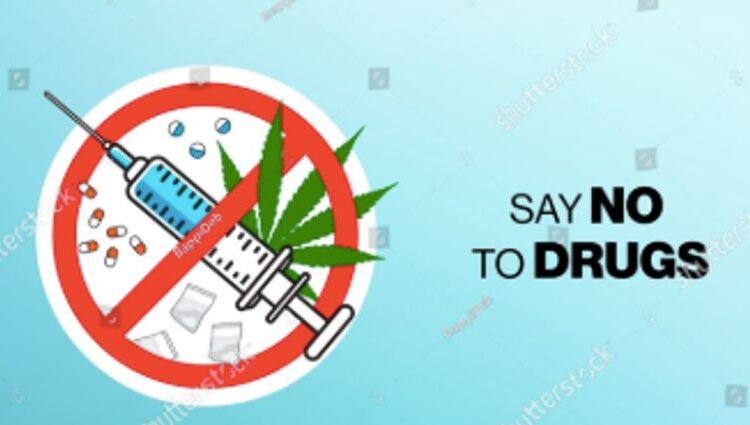J&K’s Anti-Drug Campaign Reaches Over 1 Crore People : Govt
With over 12,000 awareness events and new rehabilitation centers, the government reaffirms its pledge to shield youth from addiction.
Suhail Khan
Srinagar, Oct 27: The Government of Jammu and Kashmir has reaffirmed its commitment to eradicating drug addiction through a comprehensive, multi-departmental strategy, announcing that its campaigns have now touched the lives of over 1 crore residents.
This information was detailed in a written reply from the Social Welfare Department to MLA Wagooga-Kreeri, Irfan Hafiz Lone, during the ongoing Autumn Session of the Jammu and Kashmir Assembly.
A written document of which a copy lies with Kashmir Convener reads, As the nodal agency for Drug Demand Reduction, the Social Welfare Department is spearheading initiatives focused on public awareness, education on the detrimental effects of substance abuse, and the provision of a full spectrum of community-based services. These services encompass identification, counseling, de-addiction, and rehabilitation, with a A written document of which a copy lies with Kashmir Convener reads,special emphasis on protecting the youth.
The department reported substantial progress under the flagship Nasha Mukt Bharat Abhiyan (NMBA), highlighting an aggressive, ground-level approach. Key achievements include the establishment of dedicated NMBA committees in all 20 districts and the identification of over 50 Master Trainers for advanced instruction by the Ministry of Social Justice & Empowerment.
To date, the department has conducted over 12,656 awareness activities, reaching a staggering 10.9 million individuals. This extensive outreach includes approximately 1.1 million youth, 996,280 women, 24,166 educational institutions, and 8,203 villages.
The department in the written reply said,to bolster these efforts, the government has established and made fully operational Drug De-Addiction Centres (DDACs) in Kulgam, Bandipora, and Rajouri. A significant expansion is also underway, with the Ministry of Social Justice and Empowerment approving new DDACs for the gap districts of Ramban, Reasi, and Udhampur. Proposals for facilities in all remaining districts have been forwarded to the Ministry for approval.
Support services are also being enhanced. A national toll-free drug de-addiction helpline (1800-11-0031) is operational, and the Health Department runs the 14416 Tele-Manas helpline for psychological counseling. Public outreach continues in the current financial year, with Jammu and Kashmir Divisions having held a combined 4,473 awareness activities involving 270,056 participants. These activities—including awareness camps, seminars, rallies, and medical camps—are organized in collaboration with the Education, Health, and Police departments.
On the supply side, the Health and Medical Education Department is implementing stringent measures. These include enhanced surveillance through the monitoring of monthly sale statements for habit-forming drugs to prevent diversion. The department is enforcing a zero-tolerance policy, which involves cancelling the licenses of violators and initiating prosecutions.
To strengthen oversight, the installation of CCTV cameras and computerized billing systems is now mandatory for all medical establishments. Further measures involve rigorous supply chain control through special enforcement drives and surveillance at key entry points, including air cargo and railway stations, to curb unregulated sales, the written reply stated.


Comments are closed.